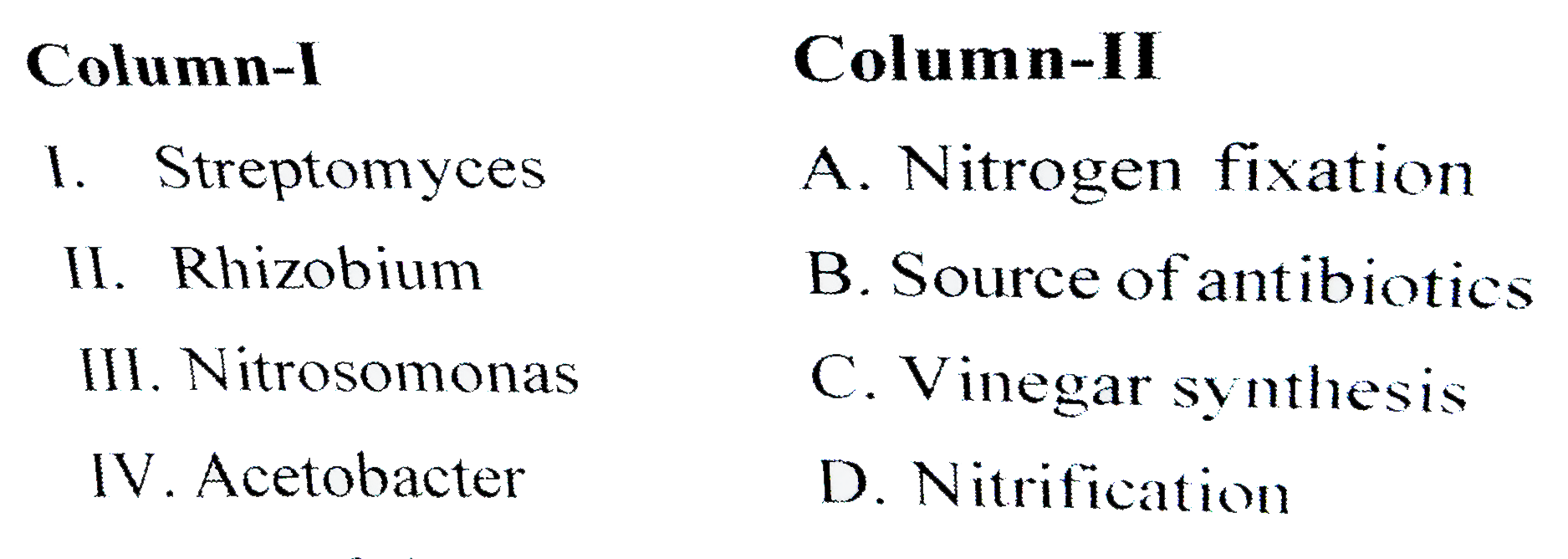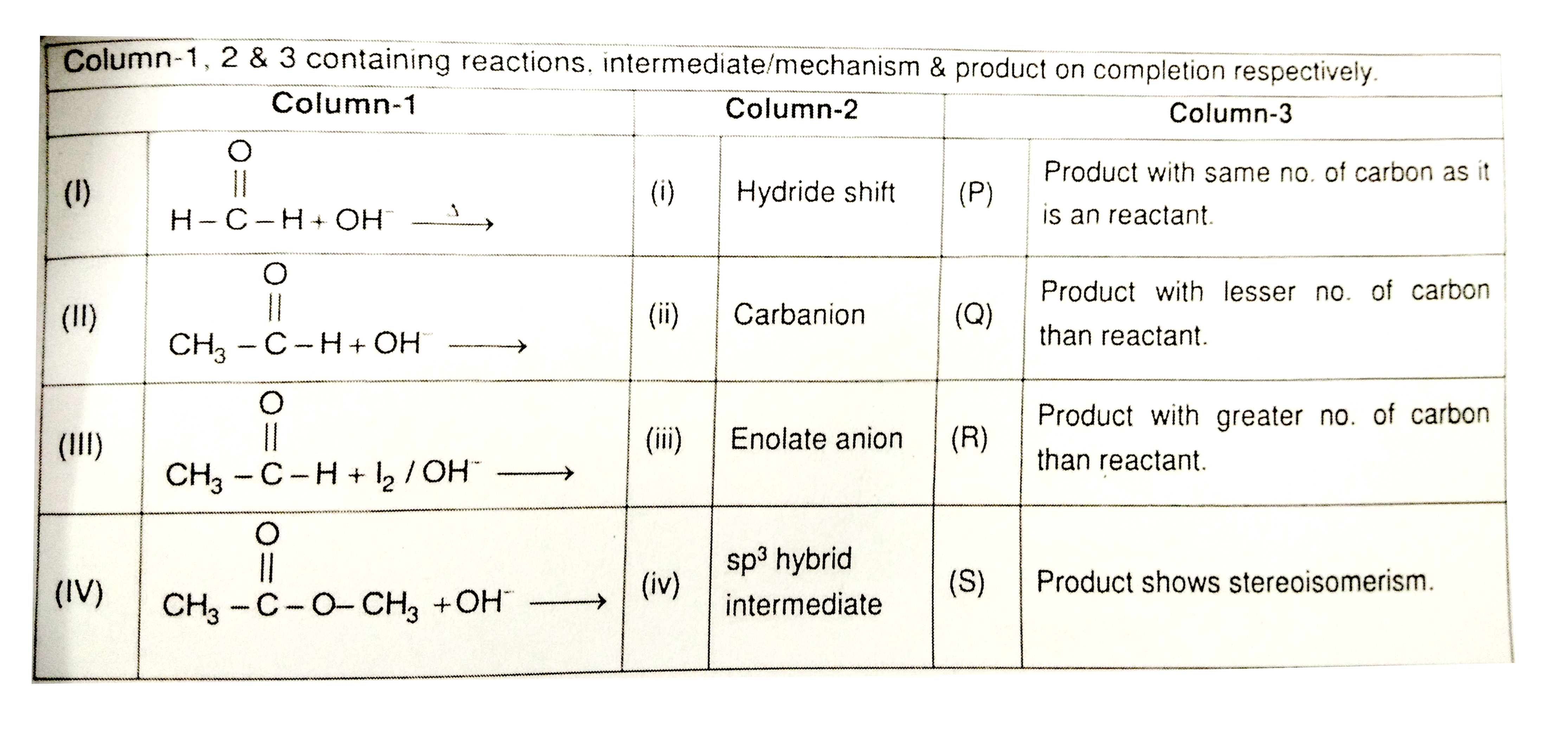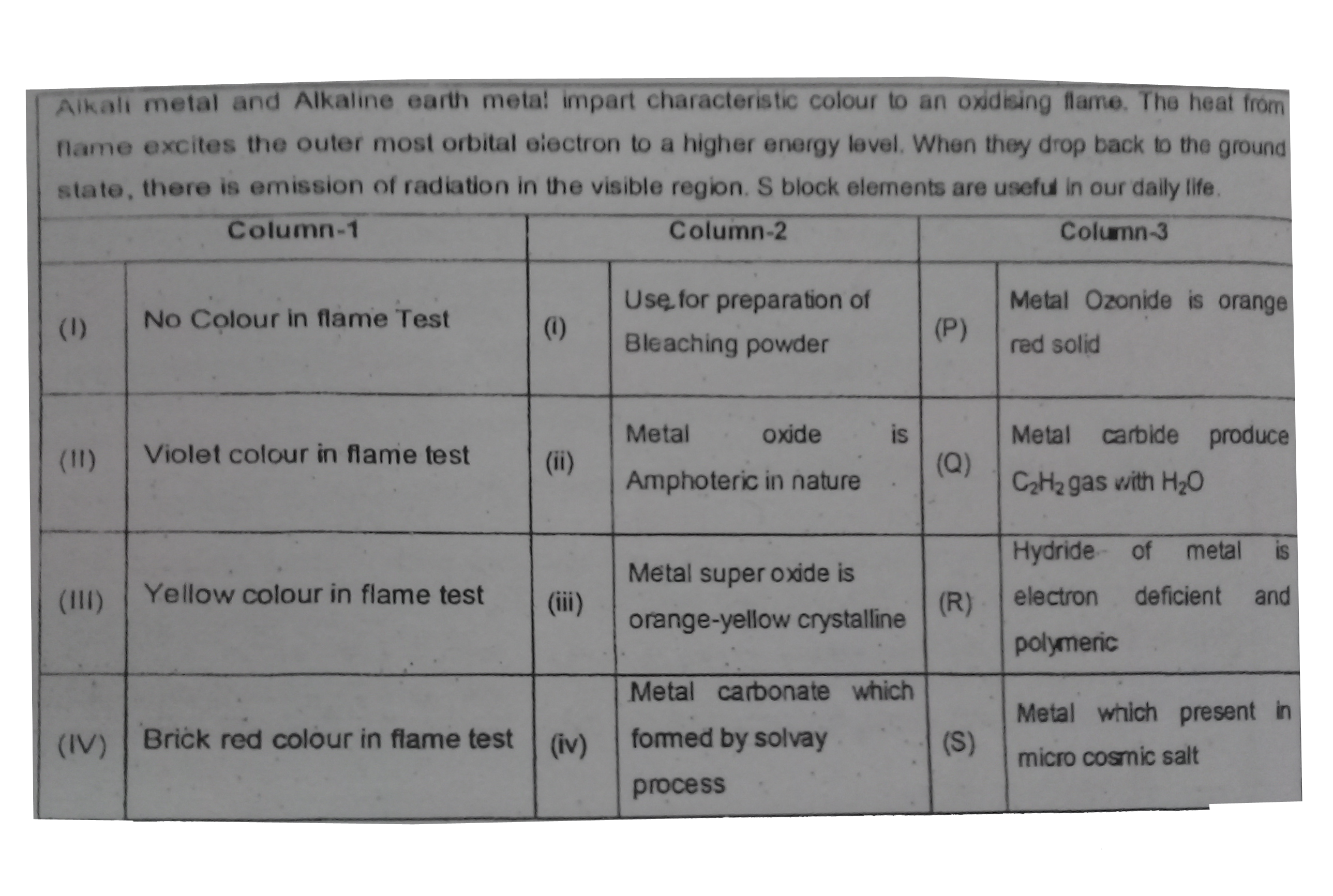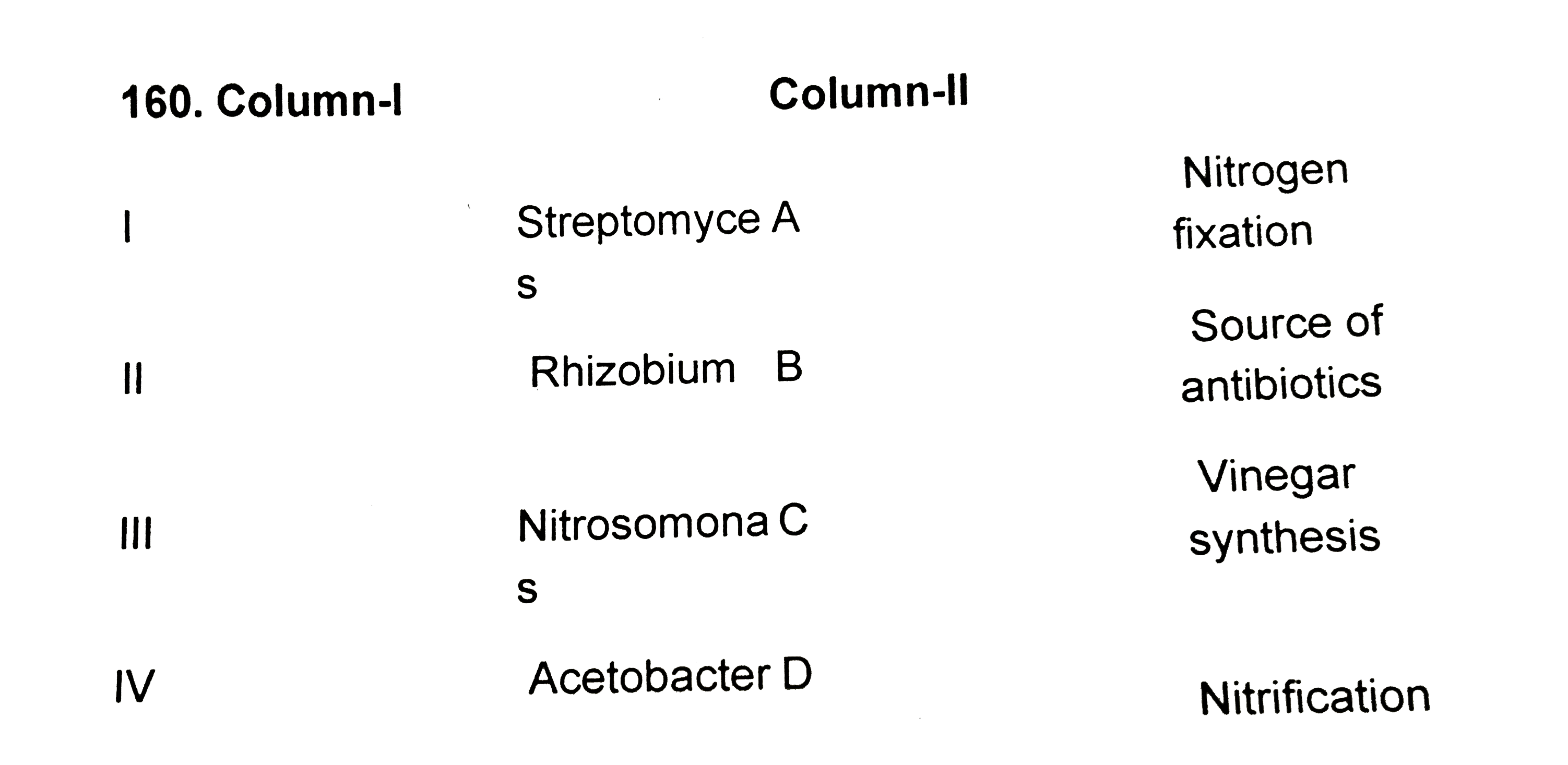Which of these combinations is correct about protozoans ?
Entamoeba - Sporozoan , Paramecium - ciliated protozoan
Plasmodium - Sporozoan , Trypanosome - Ciliated protozoan
Paramecium - Ciliated protozoan, Trypanosome - Flagellated Protozoan
Entamoeba - Ciliated protozoan , Plasmodium - Flagellated protozoan
The correct Answer is:C
To determine the correct combination about protozoans from the given options, we need to analyze the characteristics of different protozoans mentioned in the question. Here’s a step-by-step breakdown of the solution:
Step 1: Understand the Characteristics of Protozoans
Protozoans are unicellular eukaryotic organisms that belong to the kingdom Protista. They can be classified based on their movement and other characteristics.
Hint: Remember that protozoans are classified into different groups based on their locomotion methods.
Step 2: Analyze Entamoeba
Entamoeba is a type of protozoan that moves using pseudopodia. It is known to cause amoebic dysentery in humans.
Hint: Identify the type of movement associated with Entamoeba and the disease it causes.
Step 3: Analyze Paramecium
Paramecium is a ciliated protozoan, meaning it has hair-like structures called cilia that aid in movement and feeding.
Hint: Look for the presence of cilia in Paramecium and its role in locomotion.
Step 4: Analyze Plasmodium
Plasmodium is a non-motile protozoan that belongs to the group known as sporozoans. It is a parasite that causes malaria and is transmitted by female Anopheles mosquitoes.
Hint: Remember that Plasmodium is associated with malaria and is non-motile.
Step 5: Analyze Trypanosome
Trypanosome is a flagellated protozoan, which means it has flagella for movement. It is known to cause sleeping sickness.
Hint: Identify the type of movement in Trypanosome and the disease it is associated with.
Step 6: Evaluate the Options
Now, we can evaluate the options based on the characteristics we have discussed:
1. Entamoeba is a sporozoan - Incorrect (It is not a sporozoan; it moves with pseudopodia).
2. Paramecium is a ciliated protozoan - Correct (It has cilia).
3. Plasmodium is a sporozoan - Correct (It is non-motile and causes malaria).
4. Trypanosome is a ciliated protozoan - Incorrect (It is flagellated).
Conclusion
The correct combination about protozoans is that Paramecium is a ciliated protozoan, and Trypanosome is a flagellated protozoan. Therefore, the correct answer is option 3.
Final Answer: Option 3 is the correct answer.
Protozoans are unicellular eukaryotic organisms that belong to the kingdom Protista. They can be classified based on their movement and other characteristics.
Entamoeba is a type of protozoan that moves using pseudopodia. It is known to cause amoebic dysentery in humans.
Paramecium is a ciliated protozoan, meaning it has hair-like structures called cilia that aid in movement and feeding.
Plasmodium is a non-motile protozoan that belongs to the group known as sporozoans. It is a parasite that causes malaria and is transmitted by female Anopheles mosquitoes.
Trypanosome is a flagellated protozoan, which means it has flagella for movement. It is known to cause sleeping sickness.
Now, we can evaluate the options based on the characteristics we have discussed:
2. Paramecium is a ciliated protozoan - Correct (It has cilia).
3. Plasmodium is a sporozoan - Correct (It is non-motile and causes malaria).
4. Trypanosome is a ciliated protozoan - Incorrect (It is flagellated).
The correct combination about protozoans is that Paramecium is a ciliated protozoan, and Trypanosome is a flagellated protozoan. Therefore, the correct answer is option 3.
Topper's Solved these Questions
Similar Questions
Knowledge Check
- Question 1 - Select One

Which of the combination is correct ?AIIIIIIIVBADCBIIIIIIIVCDABCIIIIIIIVABCDDIIIIIIIVDBAC - Question 2 - Select One

Which of the given combination is correct ?A(I)(i)(Q)B(II)(ii)(P)C(III)(iii)(S)D(IV)(iv)(Q) - Question 3 - Select One

Which combination is correctA(I)(iii)(S)B(II)(iv)(R)C(III)(ii)(P)D(IV)(i)(Q)






